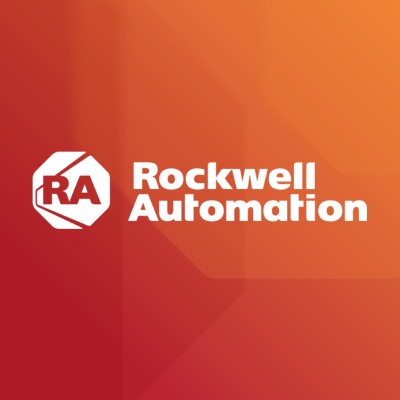
Intermediate Acoustical Consultant
Stantec
Posted: 70 days agoPython

Senior Lead Business Execution Consultant – Enterprise Root Cause Analysis
Wells Fargo
Posted: 1 day ago
Pigment Consultant
Twelve Consulting Group
Posted: 4 days ago
Principal Consultant, Land Services
ERM
Posted: 5 days ago
Technology Consultant
Rockwell Automation
Posted: 12 days ago
Treasury Management Consultant
Wells Fargo
Posted: 13 days agoSelect a job to see details.